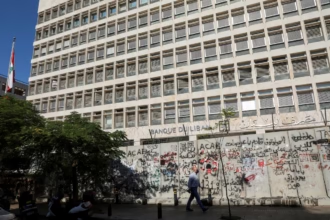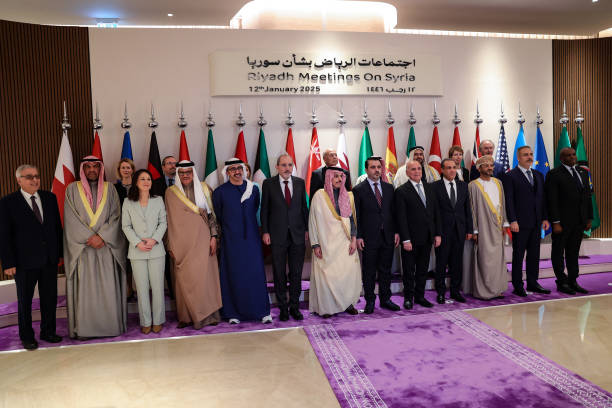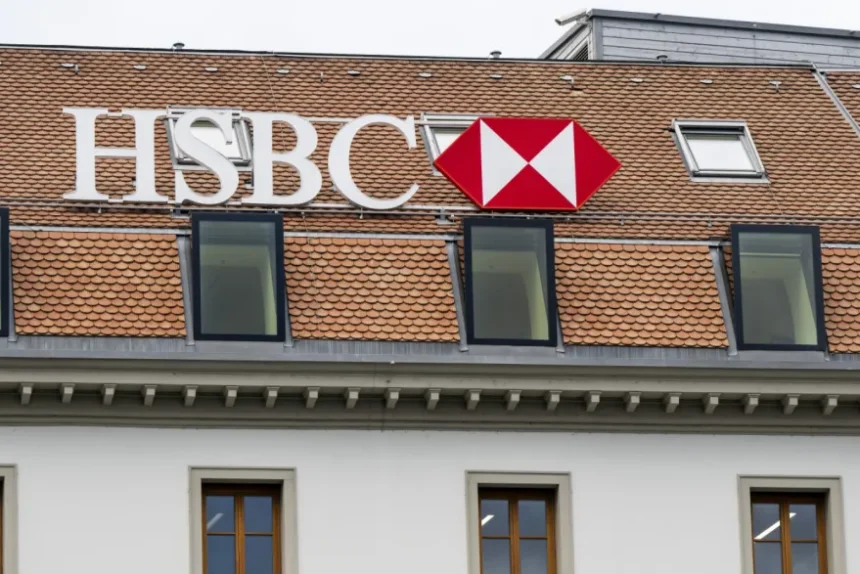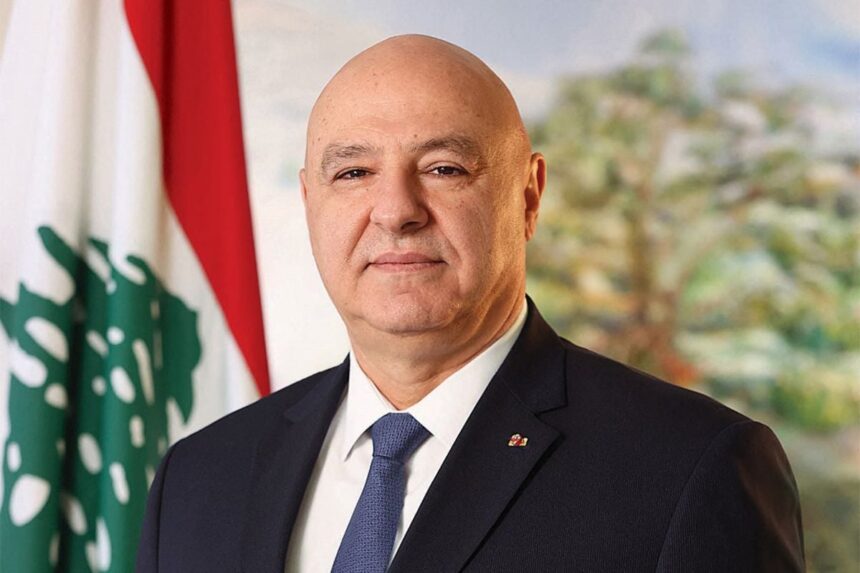Along sectarian lines, and based on loyalties and affiliations to political leaderships, the Council of Ministers has appointed four vice governors at the Central Bank (BDL) as well as the chairman and members of the Banking Control Commission (BCC). BCC faces the challenge of restoring oversight credibility and strengthening the institution as a regulatory authority.
The recent wave of nominations to Lebanon’s highest civil service posts—particularly in the country’s critical financial institutions—is not just a disappointment; it is a stark reminder of the entrenched political patronage that continues to suffocate any hope for genuine reform.
Why These Nominations Are Deceptive
• Facade of Change: While officials claim these appointments are part of a reform process, the reality is that they perpetuate the same old system, favoring loyalty to political parties over competence and expertise.
• Exclusion of Talent: Talented Lebanese professionals, especially those with no political backing, are systematically excluded from public service roles. This not only wastes the country’s human capital but also sends a clear message: merit and integrity are not the keys to public office.
• Crushing New Political Participation: For a generation that took to the streets demanding accountability and transparency, these nominations have shattered any remaining hope for meaningful change or new political participation.
The Real Impact
• Entrenched Corruption: By recycling the same faces and allegiances, Lebanon’s leadership ensures that civil institutions remain tools of sectarian and political interests, rather than serving the public good.
• Lost Trust: Each appointment that ignores merit further erodes public trust in state institutions, deepening the sense of disillusionment among citizens and the diaspora.
• Stifled Innovation: Without fresh perspectives and independent minds, Lebanon’s civil service is doomed to stagnate, unable to address the country’s mounting crises.
Who are they
Vice Governor Wassim Mansouri (who was interim Acting-Governor) and Vice Governor Salim Chahine were reappointed in their positions which had expired a few weeks ago.
Makram Bou Nassar and Gaby Tchenozian have been appointed as Vice Governors of the Central Bank (BDL Bou Nassar, with over 21 years of experience, was Executive Director at BDL, where he was last leading the Payment Systems Department. He is a lecturer in Economics and Finance at the American University of Beirut (AUB) and other universities, contributing to economic research. He holds a Ph.D. in Economics from the University of Birmingham.
Tchenozian, with over 20 years of experience in the financial and investment industry, was Chief Investment Officer at Unimetco Holdings-Family Office, where he led a team of investment professionals overseeing assets in public and private markets. Prior to that he worked at First National Bank, Bank of Beirut and Morgan Stanley. He has an MBA from the University of Wales.
Mazen Soueid has been appointed Chairman of the Banking Control Commission. He has a background in the banking sector, notably his former position as Head of Research at BankMed until 2018. He brings over 25 years of experience, including work with the IMF on restructuring and oversight in several countries. He has a PhD in economics from Brown University.
BCC new members also include Nader Haddad (Hailing from Strategy& and McKinsey), Tania Kallab (Advisor to President Joseph Aoun and until early this year Economic Advisor at the U.S. Embassy in Beirut), Aline Spiro (Deutsche Bank and formerly BankMed), and Rabih Nehme (Central Bank of Oman and formerly with BCC).
The Million Dollar Question
Should we give these nominees a chance? The answer is not simply about individuals, but about a broken system that rewards loyalty over talent. Until there is a real commitment to transparency and meritocracy, expecting different results from the same politics is wishful thinking.
Lebanon deserves better. The path forward must prioritize genuine reform, open competition, and the inclusion of all talented citizens—regardless of political allegiance. Only then can hope for new political participation and national renewal be restored
























